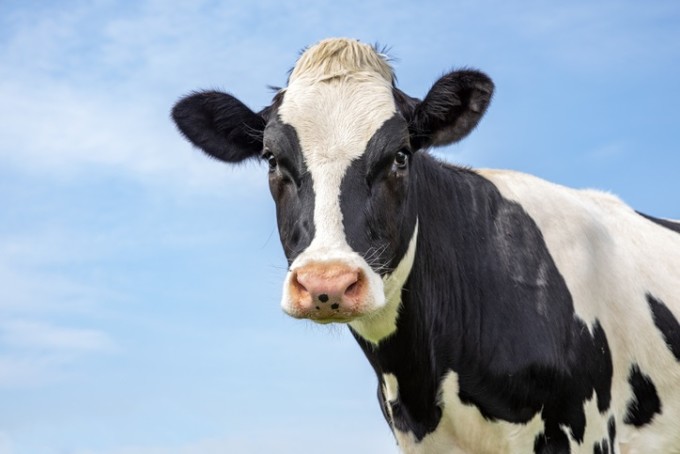Cheryl Santa Maria
Digital Reporter
Tuesday, July 7th 2020
We still can't accurately predict quakes, but animals may be able to help with that.
Geologists can't forecast the strength of an earthquake or predict when one will occur, but studies suggest nature may be able to help us decipher when a tremor is on the way.
There is evidence that several types of animals -- from fish, to birds, to insects -- behave unusually before an earthquake. Now, researchers are taking a closer look at some animals to see if their insight can help develop better earthquake detectors.
In a new study, an international team of researchers from the Max Planck Institute of Animal Behavior in Konstanz/Radolfzell and the Cluster of Excellence Centre for the Advanced Study of Collective Behaviour at the University of Konstanz, attached motion sensors to cows, sheep, and dogs in earthquake-prone areas of Northern Italy and monitored their movements over several months.
Researchers found the animals were increasingly restless up to 20 hours before an earthquake, and the closer they were to the epicentre of the incoming quake, the earlier they began behaving unusually.
While experts still aren't sure if earthquakes can be accurately predicted, the study's authors believe animals could help provide some insight into the nature of tremors.
But study author Martin Wikelski, director at the Max Planck Institute of Animal Behavior and Principal Investigator at the Centre for the Advanced Study of Collective Behaviour, says the patterns only become evident when animals are analyzed collectively, rather than individually.
"Collectively, the animals seem to show abilities that are not so easily recognized on an individual level," he says in a statement.

Geologists can't forecast the strength of an earthquake or predict when one will occur, but studies suggest nature may be able to help us decipher when a tremor is on the way.
There is evidence that several types of animals -- from fish, to birds, to insects -- behave unusually before an earthquake. Now, researchers are taking a closer look at some animals to see if their insight can help develop better earthquake detectors.
In a new study, an international team of researchers from the Max Planck Institute of Animal Behavior in Konstanz/Radolfzell and the Cluster of Excellence Centre for the Advanced Study of Collective Behaviour at the University of Konstanz, attached motion sensors to cows, sheep, and dogs in earthquake-prone areas of Northern Italy and monitored their movements over several months.
Researchers found the animals were increasingly restless up to 20 hours before an earthquake, and the closer they were to the epicentre of the incoming quake, the earlier they began behaving unusually.
While experts still aren't sure if earthquakes can be accurately predicted, the study's authors believe animals could help provide some insight into the nature of tremors.
But study author Martin Wikelski, director at the Max Planck Institute of Animal Behavior and Principal Investigator at the Centre for the Advanced Study of Collective Behaviour, says the patterns only become evident when animals are analyzed collectively, rather than individually.
"Collectively, the animals seem to show abilities that are not so easily recognized on an individual level," he says in a statement.

File photo: Getty Images.
HOW DO ANIMALS PREDICT EARTHQUAKES?
\
Scientists aren't sure how animals can predict earthquakes, but they have a few theories.
For example, their fur may sense ionization of the air caused by large rock pressure in earthquake zones.
They may also be able to smell gases released by quartz crystals before an earthquake.
VIDEO: EARTHQUAKE SCIENCE
Before researchers can seriously start to consider using animal behaviour as a reliable earthquake predictor, a larger number of animals will need to be observed for a longer period of time, and over a larger geographical area.
Before researchers can seriously start to consider using animal behaviour as a reliable earthquake predictor, a larger number of animals will need to be observed for a longer period of time, and over a larger geographical area.
The next phase of research will involve the global animal observation system Icarus, aborad the International Space Station, the study's authors s
No comments:
Post a Comment